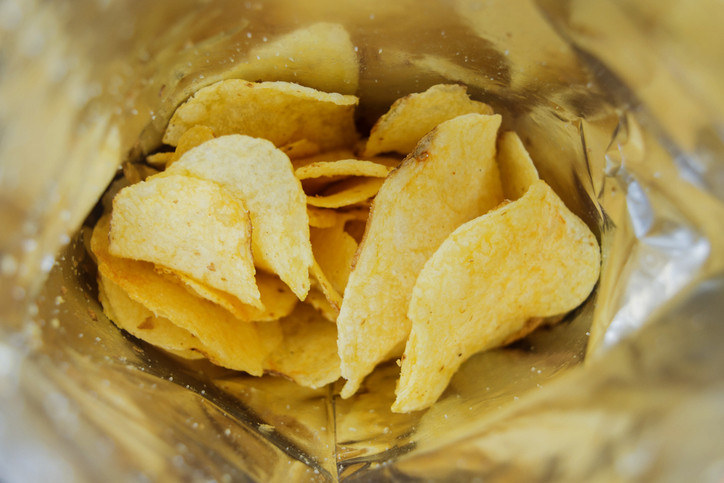Keep ultra-processed foods off the menu
News briefs

Ultra-processed foods are ultra-convenient. You can get just about anything prepackaged, from ready-made meals to baked goods and snacks. But these foods are usually loaded with lots of added sugars, fat, salt, chemical additives, and preservatives. And a study published online July 14, 2021, by The BMJ suggests that eating ultra-processed foods — like donuts, salty snacks, soft drinks, and processed meat — is associated with higher risks of inflammatory bowel disease (IBD, such as Crohn’s disease or ulcerative colitis). Researchers reviewed the self-reported dietary habits of more than 116,000 middle- and older-age adults around the world who were followed for about 10 years. Compared with people who ate less than one serving of ultra-processed foods per day, people who ate one to four servings per day had a 67% increased risk of getting IBD. Those who ate five or more servings of ultra-processed foods per day had an 82% increased risk for IBD. Researchers say there may be something about the way foods are processed that contributes to IBD. The study is only observational and doesn’t prove that eating ultra-processed foods causes IBD. But it’s likely: scientists already suspect that eating processed foods may generate an unhealthy mix of microbes in the gut, leading to inflammation.
Image: eamanver/Getty ImagesAbout the Author

Heidi Godman, Managing Director
Disclaimer:
As a service to our readers, Harvard Health Publishing provides access to our library of archived content. Please note the date of last review or update on all articles.
No content on this site, regardless of date, should ever be used as a substitute for direct medical advice from your doctor or other qualified clinician.
















